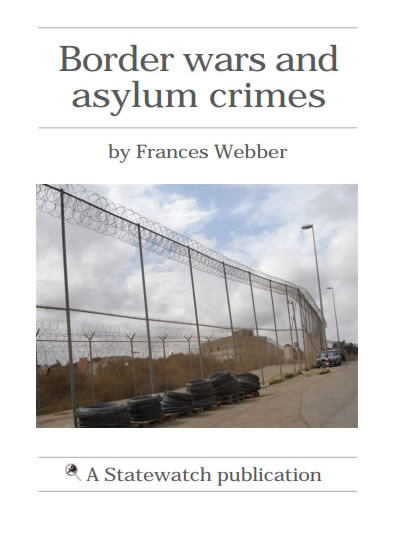The War on Freedom and Democracy
08 May 2006
The ‘war on terror’ has continued with no end in sight in the years since the attacks on the United States on 11 September 2001. It permeates the institutions of the body politic in Europe, sacrificing liberty and freedoms in the name of a constructed ‘politics of fear’ and demands for security.
Support our work: become a Friend of Statewatch from as little as £1/€1 per month.

We have learnt that the greatest threat to 'our way of life' and democracy comes not from terrorism but from our governments' reactions to it. The emergency measures that at first were presented as 'exceptional' are now the norm.
European Union leaders claim the measures adopted (or proposed) 'balance' the demands of security and civil liberties. They are needed, we are told, to protect 'our way of life' and the 'core values' of the European UInion. If the swathe of measures brought forward in response to 11 September 2001 represent the 'core values' of the European Union, then many will say 'not in our name'.
These essays were prepared for the launch of the European Civil Liberties Network in October 2005. The passage of time since then has served to emphasise the relevance of the issues raised and the analyses provided.
Published in 2006 by Spokesman books. Order publication (Spokesman, £10.99)
Our work is only possible with your support.
Become a Friend of Statewatch from as little as £1/€1 per month.
Spotted an error? If you've spotted a problem with this page, just click once to let us know.

